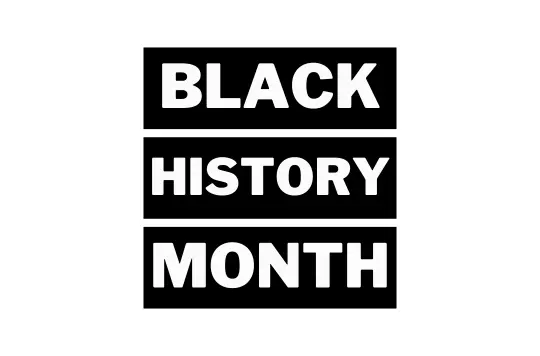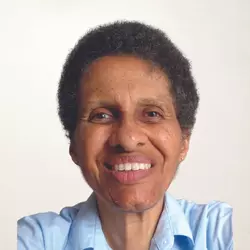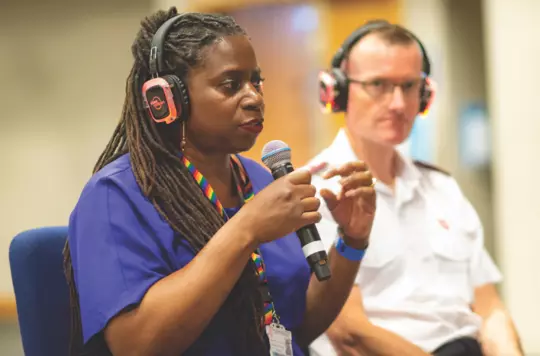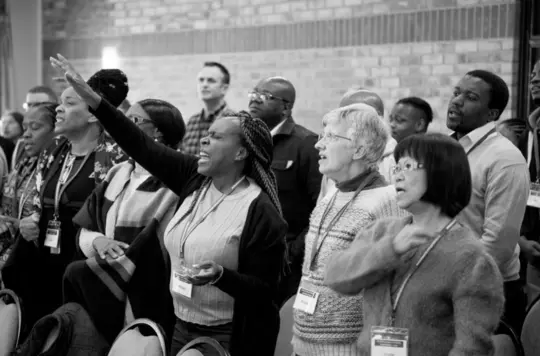Black History Month: Everyone should be heard
Major Marjory Parrott

Major Marjory Parrott considers why it’s important for us to celebrate Black History Month.
With the exception of three years’ reinforcement service in the Czech Republic, I have lived in the United Kingdom and Ireland Territory all my life. Having been raised in a loving and secure, multiracial, monocultural (very white British) family, it was rare that I gave my skin colour any thought at all. In fact, despite what other people saw, up until 2020, I would have described myself as a white person in a brown skin.
For me, the awakening began before George Floyd’s murder; it began with a degree course module on different theologies, and the opportunity to study black theology. I simply wanted to know what the ‘other side’ thought and believed. As time has gone on, so my knowledge and experience base has grown. I have come to understand that our work is not solely to eliminate that which is hurtful and negative, but to ensure that everyone is heard and seen. Creating a diverse Salvation Army will not be universally popular, and there will be some who think that we have just jumped aboard a ‘woke’ bandwagon, but be assured that it will be God-glorifying.
I believe that it is important for us as a Movement to actively participate in and celebrate Black History Month. If I were honest, I would be happier if there were no need to celebrate the month because celebrating diversity was something we did all year round, but we have to start somewhere – at least one month, or even one Sunday, is a start. God did not make us all the same; he made us gloriously different. We are who God created us to be. Until we have our eyes opened to the riches of that diversity, we not only live in a monochrome world, but we also probably help to sustain it.
Here are some personal, practical suggestions for moving forward:
- If you are fortunate enough to have a diverse congregation, celebrate it by including everyone.
- Try not to only use people of colour during Black History Month: it kind of feels like being wheeled out like an exhibit.
- Don’t lose heart if your first attempts at inclusion are not successful. Keep trying! Sometimes the problem is that we are so used to not being invited to contribute, we doubt our own capabilities, or we might be suspicious of your motives.
- Remember we are all different! My reasons for participating – or not – might not be the same as someone else’s; how I want to be included could also be completely different.
- Ask questions and invite contributions.
- If you get it wrong, just apologise. None of us is perfect, and it helps to know that you are trying.
Reflect and respond
- Read about Black History Month and the theme for 2023, Saluting Our Sisters, at blackhistorymonth.org.uk.
- Read a history of black Salvationists by William Booth College librarian Winette Field on salvationarmy.org.uk.
- Explore prayer ideas, reading recommendations, a Bible study by Tearfund on John 4:1–42 and inclusion, and further resources for Black History Month in the Resource Centre here on salvationist.org.uk.
Written by

Major Marjory Parrott
Corps Officer, Swadlincote
Discover more

The Racial Inclusion Working Group concludes its work and introduces the territory’s Intercultural Mission Officers.

Bethany Gibson previews the next webinar in a series organised by the Moral and Social Issues Council.

Before the Rugby World Cup 2023 kicks off on 8 September, Major Andrew Vertigan celebrates the advantage of unity.

As we seek fullness of life for all with Jesus, Bethany Gibson reminds us that we’re not living in a Barbie world.